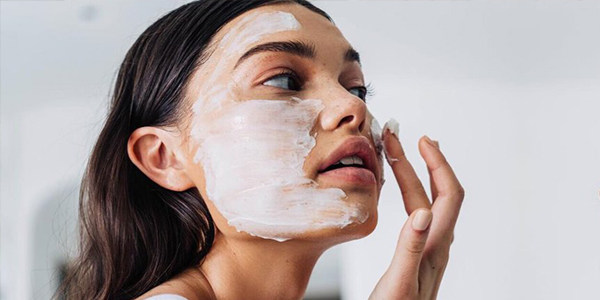Paraben-free is one of those claims that appears on skin care packaging but do we understand what it means and why it is significant?
Parabens are a family of related chemicals that are commonly used as preservatives in cosmetic products. Preservatives may be used in cosmetics to prevent the growth of harmful bacteria and mould, in order to protect both the products and consumers.
The parabens used most commonly in cosmetics are methylparaben, propylparaben, butylparaben, and ethylparaben.
Product ingredient labels typically list more than one paraben in a product, and parabens are often used in combination with other types of preservatives to better protect against a broad range of micro-organisms.
Parabens are used in a wide variety of cosmetics, including makeup, moisturisers, hair care products, and shaving products, among others.
Cosmetics sold to consumers in stores or online must have a list of ingredients, each listed by its common or usual name. This is important information for consumers who want to find out whether a product contains an ingredient they wish to avoid. Parabens are usually easy to identify by their names i.e methylparaben, propylparaben, butylparaben, or ethylparaben.
There has been some concern regarding the use of these chemicals over the past decade or so. In 2004, a British study found traces of five parabens in the breast tissue of 19 out of 20 women studied. The study didn’t prove that parabens can cause cancer but identified that the parabens were able to penetrate the skin and remain within tissue.
Parabens are believed to disrupt hormone function by mimicking oestrogen. Too much oestrogen can trigger an increase in breast cell division and growth of tumours, which is why paraben use has been linked to breast cancer and reproductive issues.
The debate therefore continues about just how BAD parabens are for us and whether they should be completely banned. Ultimately it is about making an informed choice, but there are now many other preservatives available so it’s no longer necessary to use them.
One should also be careful of the use of the term ‘paraben-free’ as it is not always the perfect solution. While many beauty companies are responding to the public’s concerns about parabens, alternatives may not be any more skin friendly and may also cause harm or irritation to the skin.
The onus is on the consumer to educate themselves and to take the time to read cosmetic labels in order to decide what they are prepared to use.
As a responsibly skin care company with the wellbeing of our consumers as a primary concern, most of Celltone’s products are now guaranteed paraben-free.
For more information on Celltone products please go to www.celltone.co.za.


